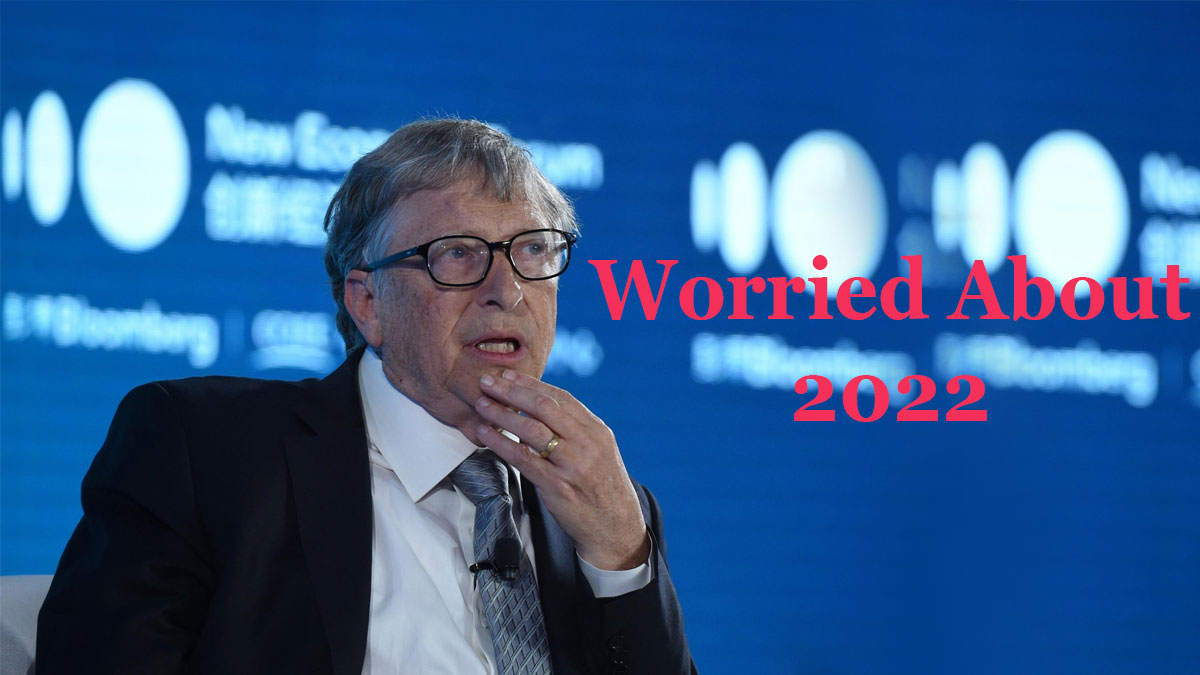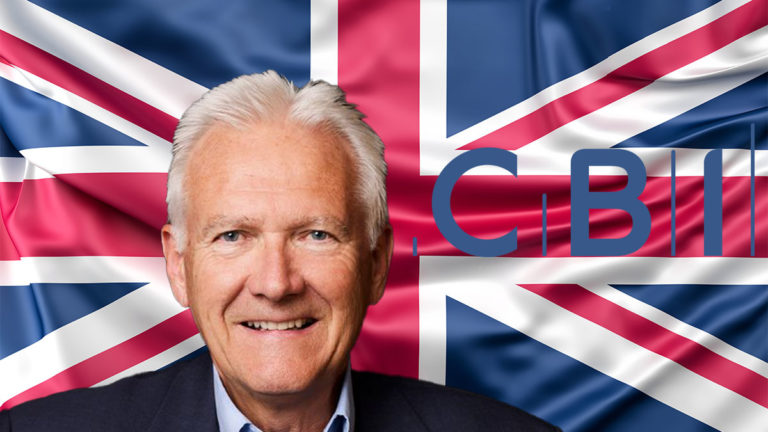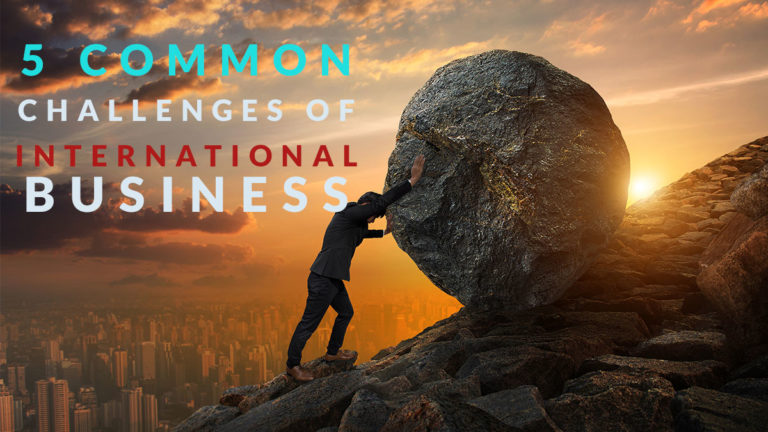For the most part, Bill Gates feels hopeful about the year 2022. However, the wealthy Microsoft co-founder still has a few difficulties to deal with in the next year. In his recently released end-of-year blog entry, headlined “Causes for hope after a difficult 12 months,” Gates offered a variety of optimistic predictions, ranging from the Covid pandemic unquestionably ending to the metaverse’s impending ascent.
However, he projected that one particular issue would stifle or derail much of that progress: people’s distrust in governments. He stated, “It is one of several topics I am most concerned about moving into 2022.”

Public institutions, according to Gates, should be key players in battles such as tackling climate change or averting the next epidemic.
However, they will only be able to do so if people reject their advice on principle. “If your people don’t trust you, they’re not going to help you lead new efforts,” Gates wrote. “And when a major calamity strikes, they’re significantly less likely to pay attention to the critical steering required to weather the storm.”
Since the pandemic, this skepticism has grown significantly: Covid disinformation has spread across the United States and the rest of the globe, slowing vaccination rates and, ultimately, delaying the end of the pandemic.
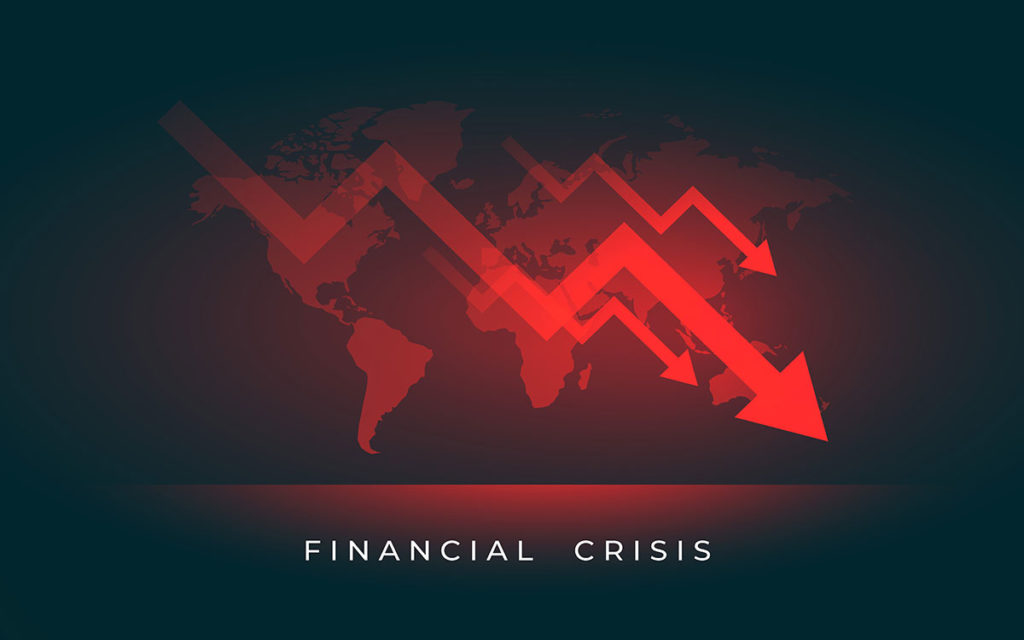
However, pre-Covid research from the Pew Research Center revealed similar trends: In a poll of American adults conducted in 2019, 75% of respondents said their fellow citizens’ trust in the federal government was eroding.
For more business news stay tuned us through our website.
Another 64% of respondents said that people’s trust in one another was dwindling. About four out of ten respondents said that mistrust made it more difficult to deal with issues such as health care, immigration, and gun violence.
In his blog post, Gates noted that 24-hour news cycles, politically motivated headlines, and social media have all played a role in the “rising divide” — and that governments may need to regulate online platforms to effectively dispel misinformation. Some legislators in Washington, D.C. are already focusing on it.
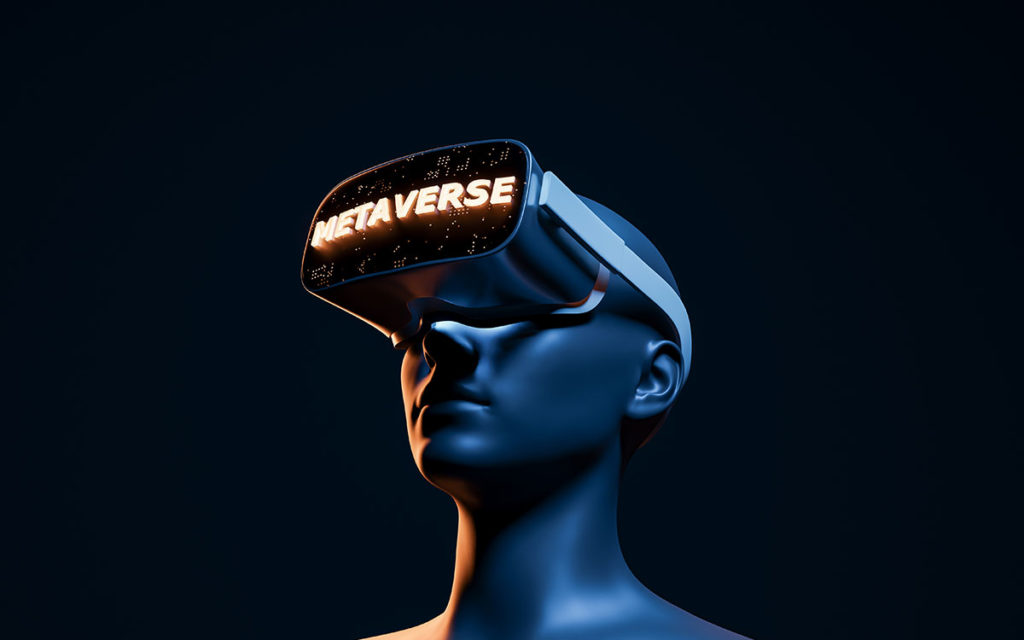
Former Facebook engineer Frances Haugen testified before a Senate committee in October on the company’s “misinformation catastrophe,” a probable first step toward social media platform legislation. It’s also possible that time is of the essence.
Gates voiced fear that if action is not taken quickly, people would be more inclined to support leaders who openly express and foster distrust. The snowball effect might lead to the general population being “far more disillusioned.” It’s a tough problem to solve, and even Gates said that he’s not sure how to start.
“That’s usually where I’ll set out my ideas for how we’ll fix the problem.” “The truth is, I don’t have the answers,” he wrote. “I want to continue seeking out and learning other people’s ideas, especially from younger people.” I’m hoping that the generations that grew up online would have current ideas about how to deal with a problem that is so firmly embedded in the Internet.”

